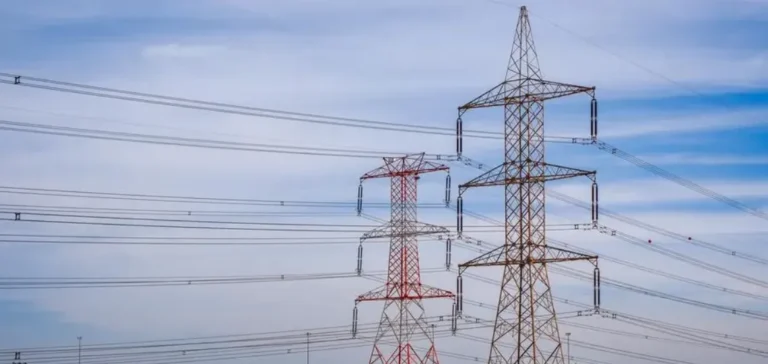The government of Kuwait has officially launched the tender for the first phase of the Al Khairan project, an integrated power generation and water desalination plant with a capacity of 1.8 gigawatts. The project is designed to address the country’s growing electricity demand, which faces constant pressure from population growth, urban expansion, seasonal temperature increases, and delays in the maintenance of existing infrastructure.
Three consortia competing for a 25-year contract
Three prequalified consortia have been invited to participate in the tender: one led by Abu Dhabi National Energy Company (TAQA), another led by Saudi-based ACWA Power, and a third by China Power International Holding. Other eligible companies include Nebras Power and Sumitomo Corporation. The project will be implemented under a public-private partnership (PPP) model, covering the financing, design, construction, operation, maintenance, and transfer of the facility.
The plant will be located 100 kilometres south of Kuwait City, on the Gulf coast. It is also expected to produce 125 million imperial gallons of potable water per day. The selected consortium will form a project company that will sign a 25-year agreement with the government to sell the generated electricity and water.
A shareholding model oriented towards citizens
Under Kuwait’s PPP framework, between 26% and 44% of the project company’s shares are allocated to the strategic partner, whether national or foreign. Half of the capital will be offered to Kuwaiti citizens, while the remainder will be retained by the state.
The Al Khairan project comes at a time of growing pressure on the national electricity grid, where planned power cuts have been imposed in several areas since last year. In August, the Kuwait Authority for Partnership Projects (KAPP) had already signed contracts worth more than $3.27bn with ACWA Power and Gulf Investment Corporation for phases 2 and 3 of the Al-Zour North project.






















